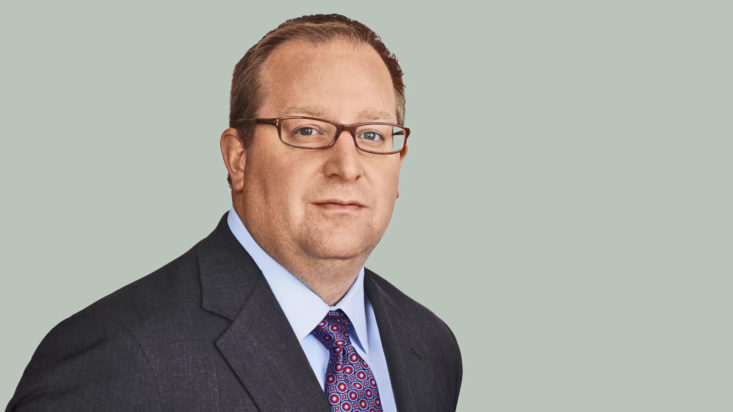Proactive investing key in emerging markets says Eaton Vance
Emerging markets have been among the most popular targets for allocations from financial advisers in recent months. Whether it is the strength of the economic recovery in Asia, or the more attractive yields available on sovereign and corporate debt, Australian advisers are finally embracing the sector. One group with extensive experience is Eaton Vance, a global asset manager with $515.7 billion in assets under management.
The emerging markets team, led by Michael Cirami, Matthew Murphy and Bradford Godfrey, recently released a new research paper exploring the many nuances in emerging markets of which advisers must be aware. The paper is titled ‘Going beyond “active vs. passive,”‘ which, while a common saying, could not be more relevant to a sector that is far more diverse than any other in asset markets.
The paper, which is available upon request, takes a closer look at the many flaws inherent in applying a passive or benchmark-aware approach to investing in the region. It also highlights issues with so-called ‘active’ managers, citing the important of a ‘proactive investment process’ to leverage the unique opportunities and avoid the crowded risks.
Commenting on the popularity of passive investing in developed markets, Eaton Vance notes “in developed markets, the choice between active or passive management offers investors a valid baseline distinction. But in emerging markets, the same choice is likely to mislead rather than enlighten.”
The popularity of passive management has a number of shortcomings, according to Eaton Vance: most important is the fact that “benchmarks are not designed with the goal of generating strong performance, but to make them easy to replicate within passive portfolios.” The firm notes that this is the reason why the major indices like JP Morgan’s Global Bond Index – Emerging markets, comprises a small number of larger, liquid debt issues.
According to the paper, this has “negative impacts” including the fact that it includes just 19 countries and excludes 70 investable markets totalling $1 trillion in potentially lost opportunities. Further, “the top 10 countries account for 81% of its weight,” says Eaton Vance, the kind of concentration that has been “a major source of the index’s historical volatility.”
The conclusion is that “such factors reduce the capacity of passive, index-based strategies to benefit from the uniquely broad potential of emerging markets as a source of income, return and diversification from developed-market exposure.” The solution that Eaton Vance suggests is called “proactive management,” which seeks to capitalise on the broadest possible EM opportunity set developed in-house over more than 30 years.











